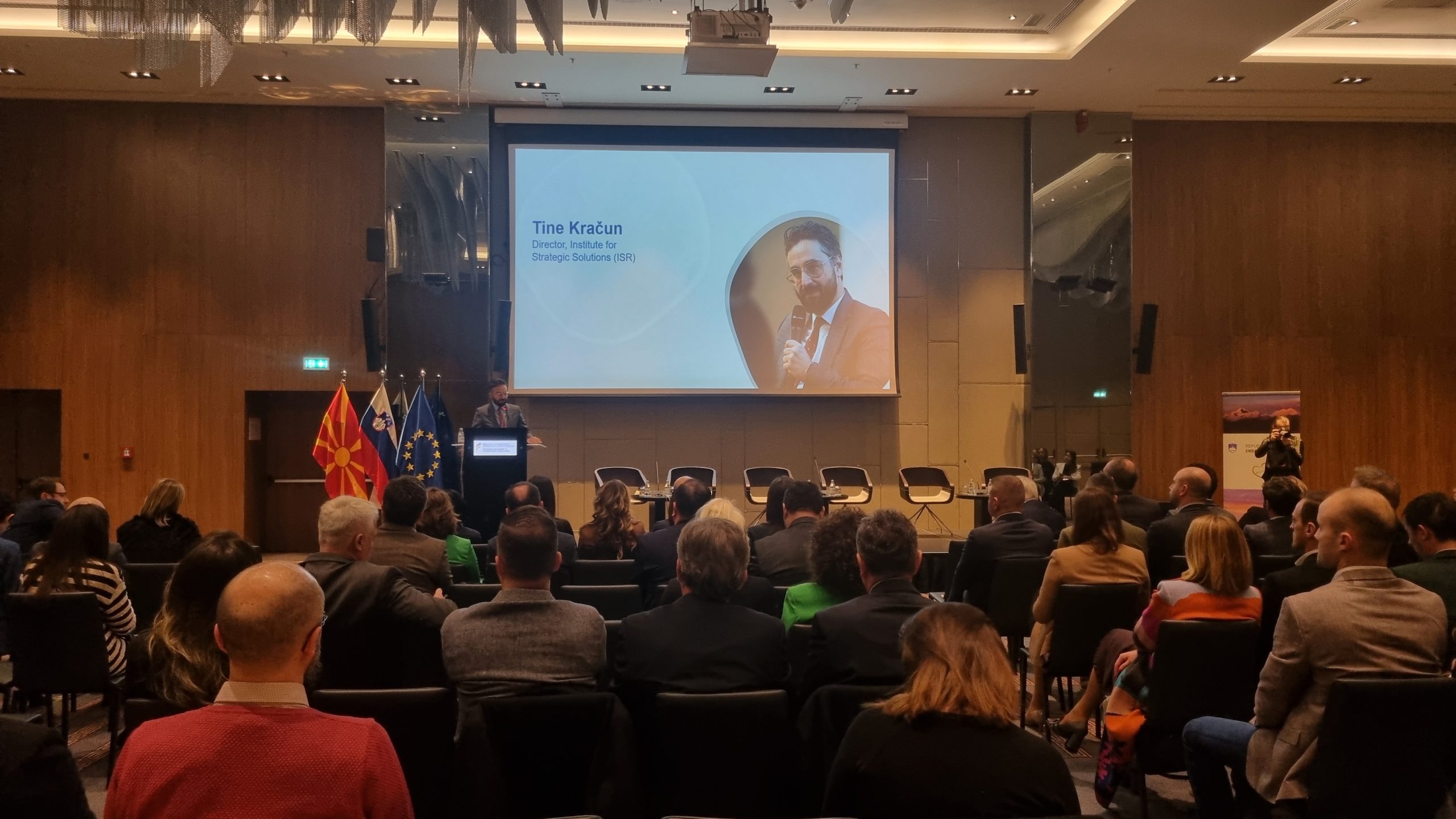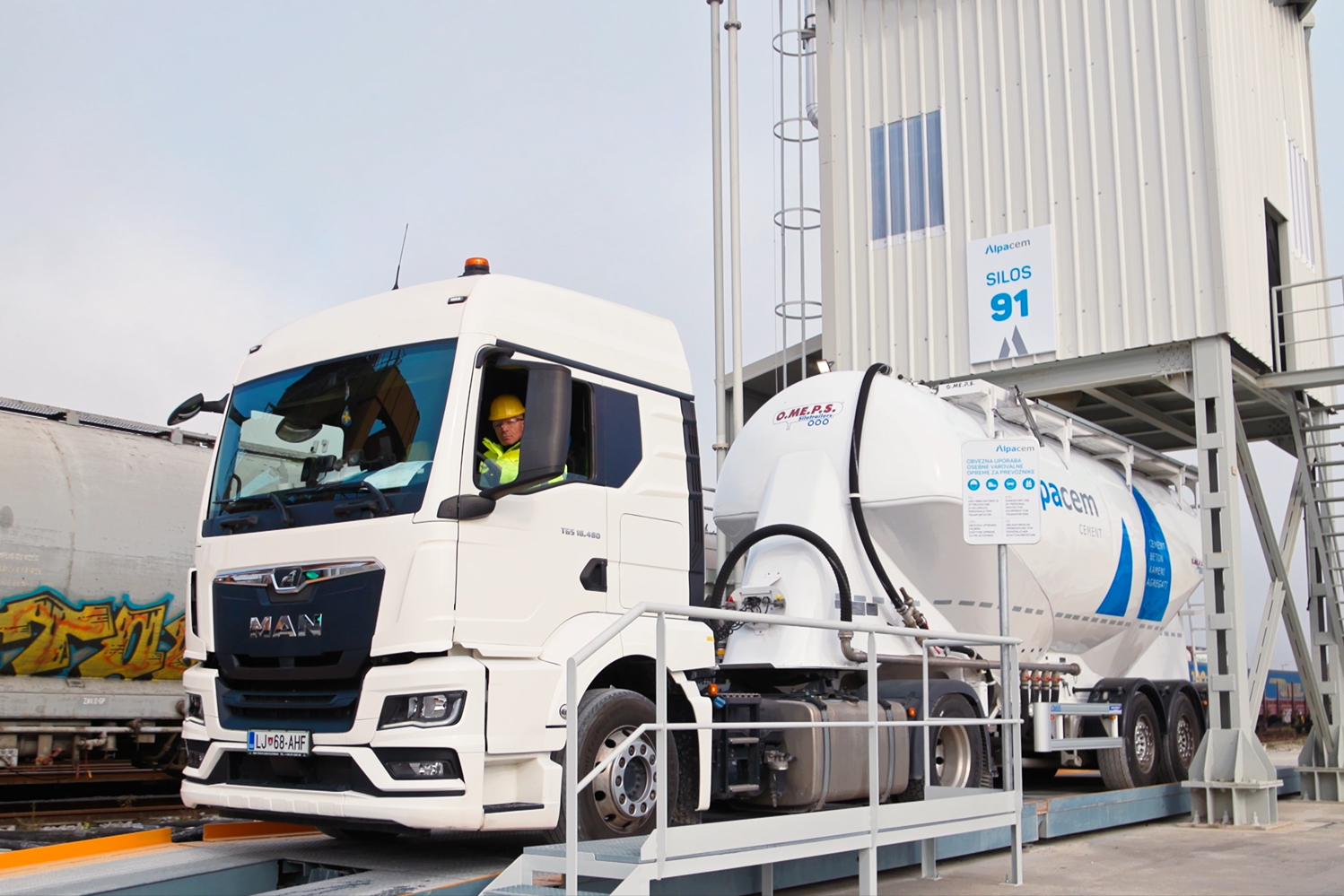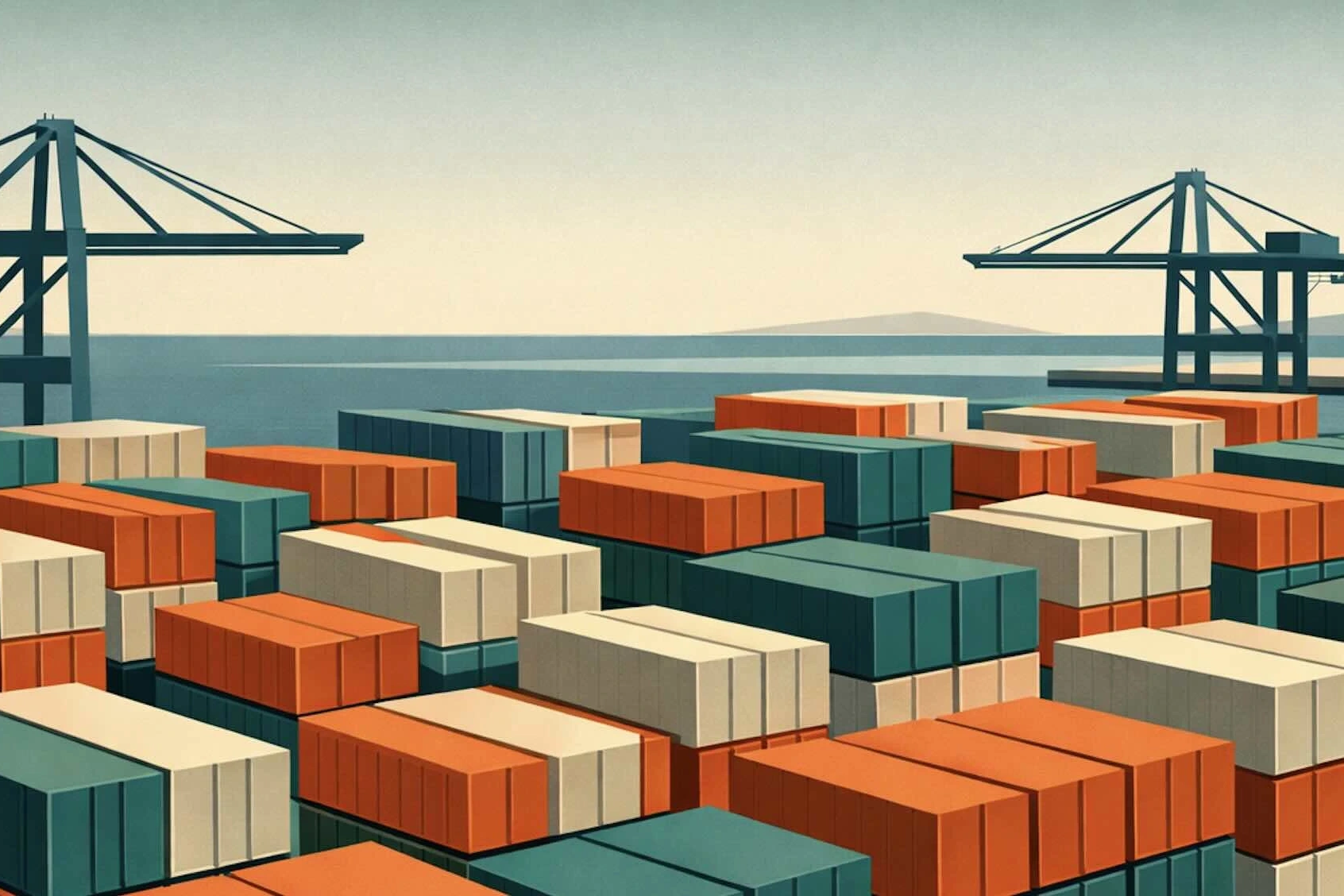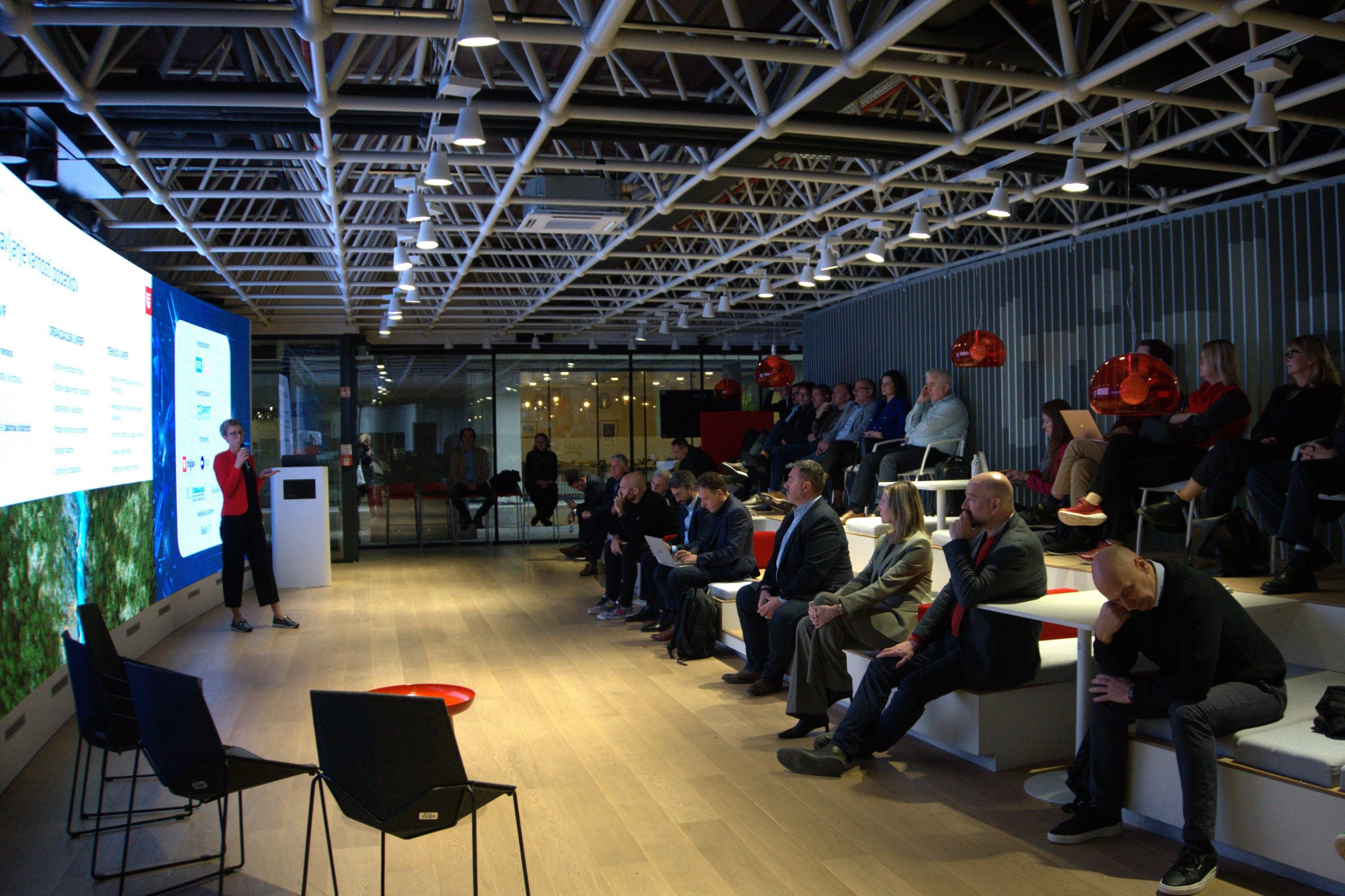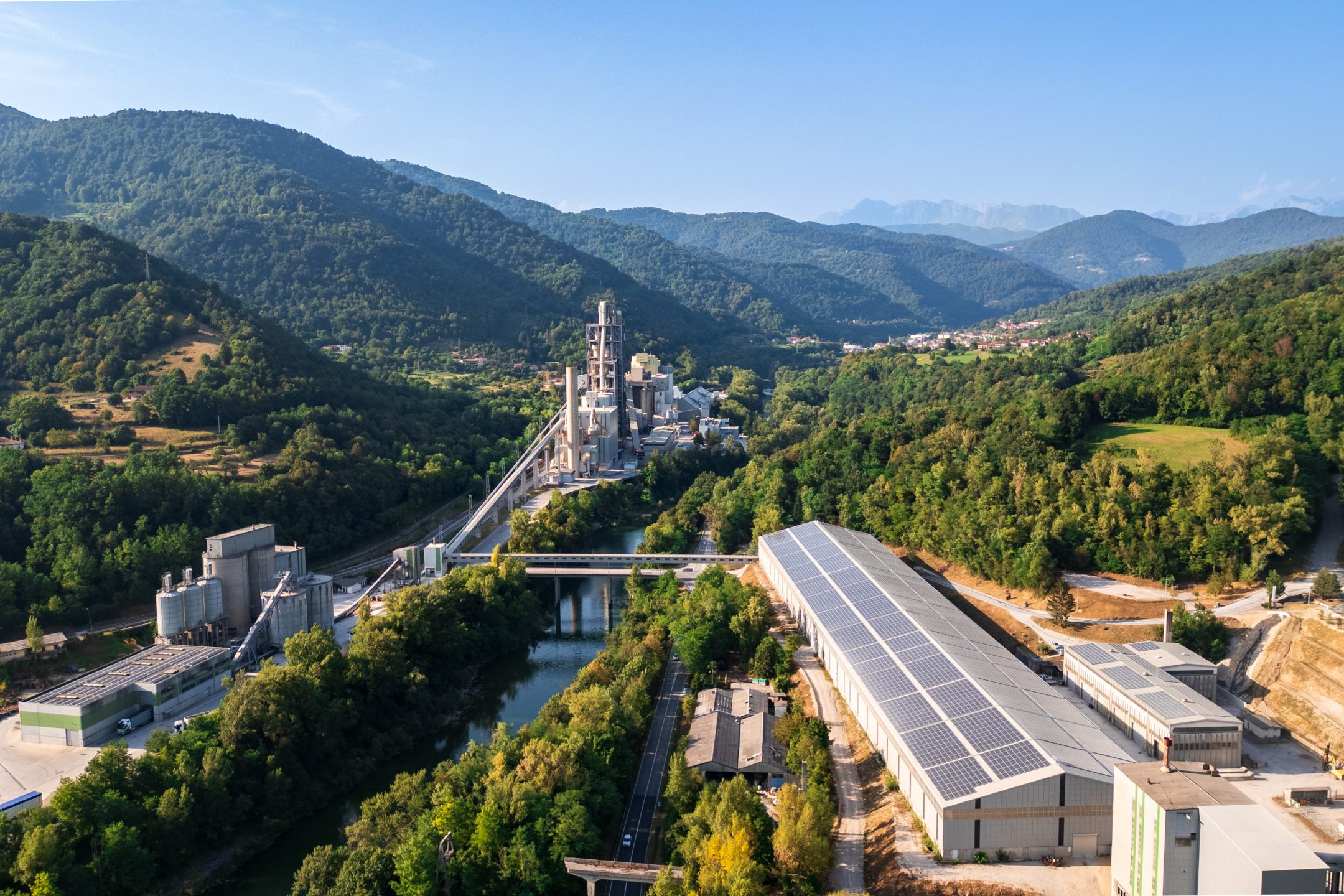The Water is Rising
Andraž Tavčar
JOURNALIST AT THE ADRIATIC
The Institute for Strategic Solutions, Slovenia’s leading private think-tank, convened its annual corporate strategy event in Skopje, in collaboration with the Slovenian Business Development Agency and the Economic Chamber of North Macedonia. In his opening remarks, Tine Kračun, the institute’s chief executive, emphasized the imperative for reinforced cooperation between the EU and Western Balkan economies to enhance the region’s prosperity and stability.
Following Slovenia’s severe flash floods last year and rising tensions from the Banjska attacks in Northern Kosovo, the conference provided a timely platform to discuss enhancing economic ties with the European Union, whose capacity to integrate new economies amid current challenges—be they environmental or geopolitical—presents a litmus test for the bloc’s objective of enlarging to Western Balkan countries by 2030.
Embracing clean energy
Themed by its title, The water is rising: Running businesses during times of crises, the roundtable discussion brought climate change and geopolitics to the forefront, engaging business leaders in a dialogue on how Macedonian companies can better prepare for and mitigate both of their increasingly costly impacts.
“Clearly, society has the tools to either lessen or completely eliminate climate change.” Vojdan Jordanov, chief executive of Triglav Insurance in Skopje, described a common reaction to the notion. “At first, you’re hit with this wave of disbelief or denial. Then, as it starts to sink in, you might find yourself getting really angry. But eventually, you come to terms with what’s happening, accepting the new reality, at which point you’re ready to roll up your sleeves and start coming up with solutions.”
In North Macedonia, efforts to embrace renewable energy frequently encounter obstacles due to complex and non-transparent administrative procedures. Not for a lack of trying, as the country has seen significant progress in its transition to greener energy sources. In 2023, its renewable electricity capacity saw an impressive increase of 160% compared to the previous year, largely attributable to hydropower.
Although hydropower represents the lion’s share of renewable energy production, many recent investments are yet to bear fruit. The country primarily relies on burning dirty lignite for about 50% of its total electricity generation, with the Bitola coal-fired power plant emitting a continuous plume of thick smoke and contributing to an escalating health crisis among local residents.
“The case of the local thermal power plant, REK Bitola, is an example where we could join forces to find a solution that would facilitate the transition from coal to more environmentally friendly sources and technologies,” the chief executive of NLB’s Macedonia branch, Branko Greganović, said, pointing to NLB bank’s investments into sustainable, low-carbon initiatives—termed ‘green financing’—which reached record levels last year.
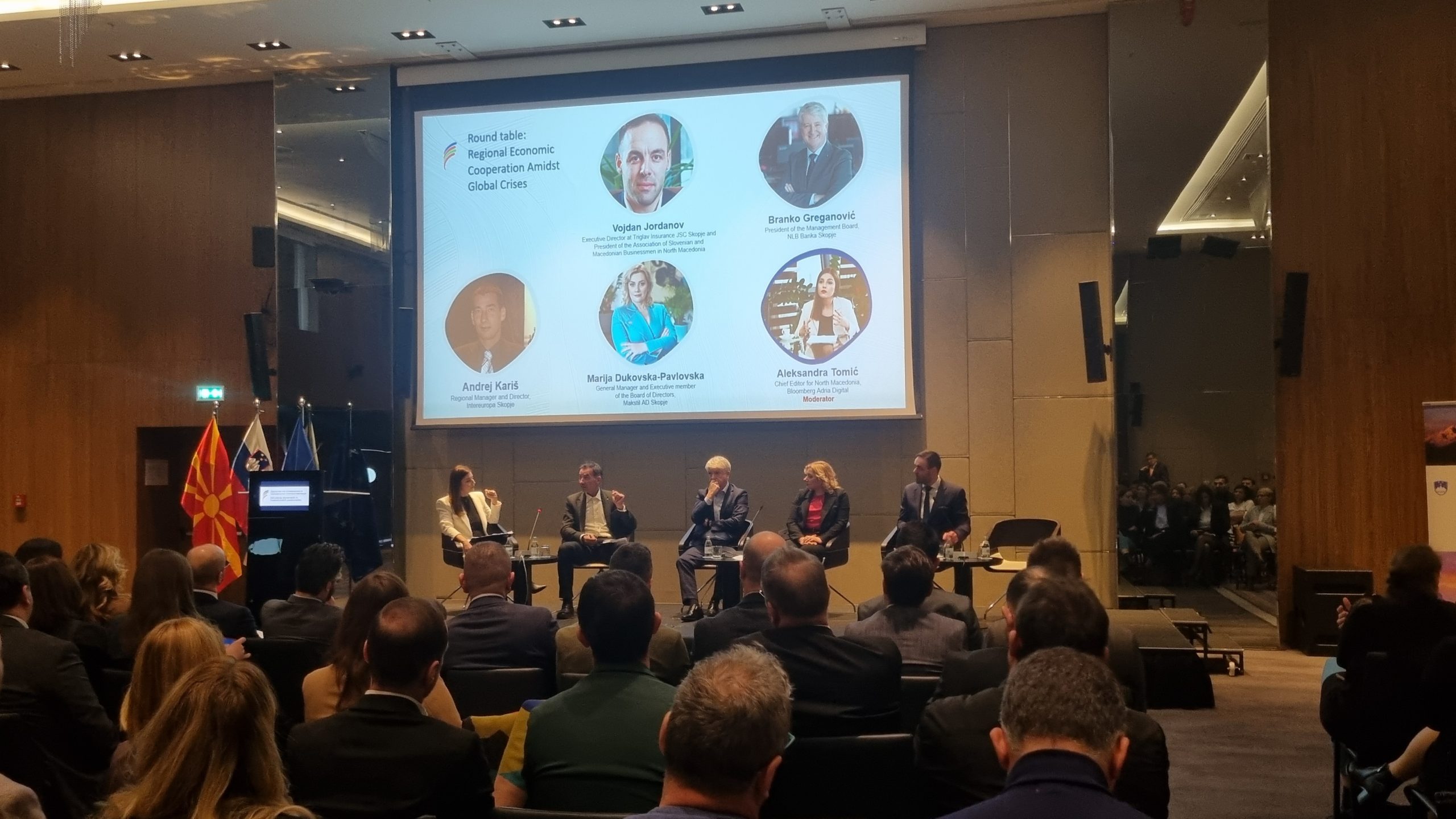
There’s a growing trend among financial institutions to support businesses committed toward sustainability. “When a company seeks a loan from a bank, its operations undergo a detailed review,” continued Marija Dukovska Pavlovska, top executive and board member at Makstil AD, a Macedonian steel manufacturer. “The approval of their loan, as well as the conditions attached to it, hinge on their business practices.” The criteria for these often revolves around the ESG (Environmental, Social, and Governance) criteria a company adheres to, encompassing not only the company but the entirety of its supply chain.
With the ongoing rise in global temperatures, risks associated with elevated water levels and severe weather phenomena are intensifying beyond previous forecasts. Following a year marked by unparalleled flooding in Slovenia, The Triglav Group, a foremost insurer, was compelled to allocate a record-breaking sum, estimated in the range of EUR 150-200 million. “Should North Macedonia face significant flooding, the situation could become problematic, given that the country’s water management practices are less than ideal,” Jordanov pointed out, noting the vital role of insurance companies in merging business with climate data to bolster resilience throughout a company’s supply chain.
Geopolitics rears its head
While the need for governments and businesses to engage in climate change mitigation and adaptation is increasingly evident, Andrej Kariš, regional manager for the Intereuropa Group in Kosovo and North Macedonia, contends that businesses in the area typically incorporate climate risk into their financial planning. They now confront an additional challenge: inflation, driven by rising costs in energy, raw materials, and logistics services.
Additionally, disruptions in Red Sea shipping and the absence of a near-term solution are straining the already fragile manufacturing and global trade sectors, and potentially igniting new inflationary pressures.
Regionally, logistical challenges are compounded by unstable politics and inadequate infrastructure. Greganović is certain that without increased investment, the problems will only be exacerbated in the future. Presently, Western Balkan countries receive significantly less EU funding per capita compared to poorer EU member states. Moreover, the complex and sluggish procedures of Brussels make it difficult for recipient governments to fully leverage the available funds.
Jordanov argues that an open market and level playing field are essential for solidifying growth. And while North Macedonia stands to gain from the European trend towards ‘nearshoring’—the EU ambition to foster the development of strategic industries closer to home—, negative demographic trends could limit inward investment, with an increasing number of Macedonians leaving the country.
The 2021 census revealed a 9% drop in the North Macedonia’s population over the last twenty years. Young Macedonians, in particular, are moving abroad in search of better job opportunities and higher salaries.
In a warning to those in attendance, Marija Pavlovska stressed the challenges weren’t confined to North Macedonia but affected the entire region. “When are we going to start discussing this and looking for solutions,” she asked, urging a call to action. “It’s a matter of well-being, quality of life, access to health and social services. We need to identify solutions,” she added, as the “failure to do so could have dire consequences.”
THE ADRIATIC
This Institute for Strategic Solutions also held its sister event in Ljubljana at the beginning of the year.

